Call for study into landfill health impact
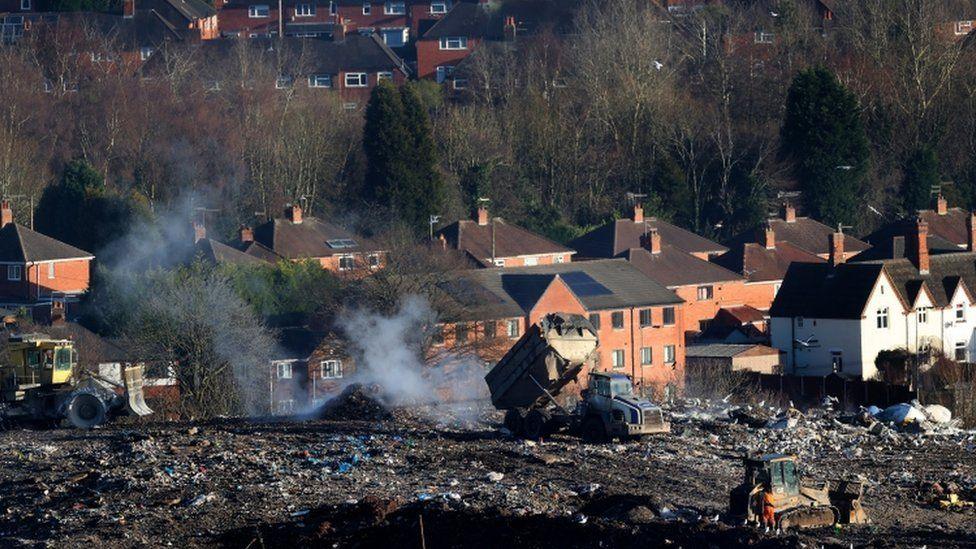
Walleys Quarry has been at the centre of thousands of complaints over the smell
At a glance
Councillors in Staffordshire have written to the Environment Agency demanding answers over monitoring failures at a landfill site
In October the organisation admitted levels of hydrogen sulphide had been underreported at Walleys Quarry for years
The landfill in Silverdale has been at the centre of community anger for years over a smell likened to rotten eggs
- Published
Councillors in Staffordshire have called on the Environment Agency (EA) to fund a study to assess the long-term health impact for people living next to a landfill site.
Walleys Quarry in Newcastle-under-Lyme has been at the centre of community anger for years over strong smells likened to rotten eggs.
Last month, the EA admitted that its monitoring of noxious gases had been under-reported.
However, since then the firm responsible said it had completed temporary capping works.
Levels of hydrogen sulphide were found to have sometimes exceeded limits, but last month the EA admitted that it had discovered the levels of gas had been higher than previously reported, because of a misunderstanding about the calibration of new equipment.
At a meeting of Staffordshire County Council's Health and Care Overview and Scrutiny Committee on Monday, members agreed to write to the EA's Chief Executive Philip Duffy with a list of questions they said had not yet been answered.

Councillor Jeremy Pert said there could be wider implications for monitoring other landfill sites
Chair of the Committee, Councillor Jeremy Pert said: "I think we need to understand what’s gone on and where the issues have been.
"There are other landfill sites within Staffordshire and I’d like to understand whether there is monitoring equipment there and whether there is a wider UK impact as well."
The landfill has been the subject of thousands of complaints over unpleasant, pungent odours.
The committee had written to the then Environment Secretary Therese Coffey to ask the Environment Agency to take part in Monday's meeting.
However, the invitation was turned down, with the government body choosing instead to send a report.
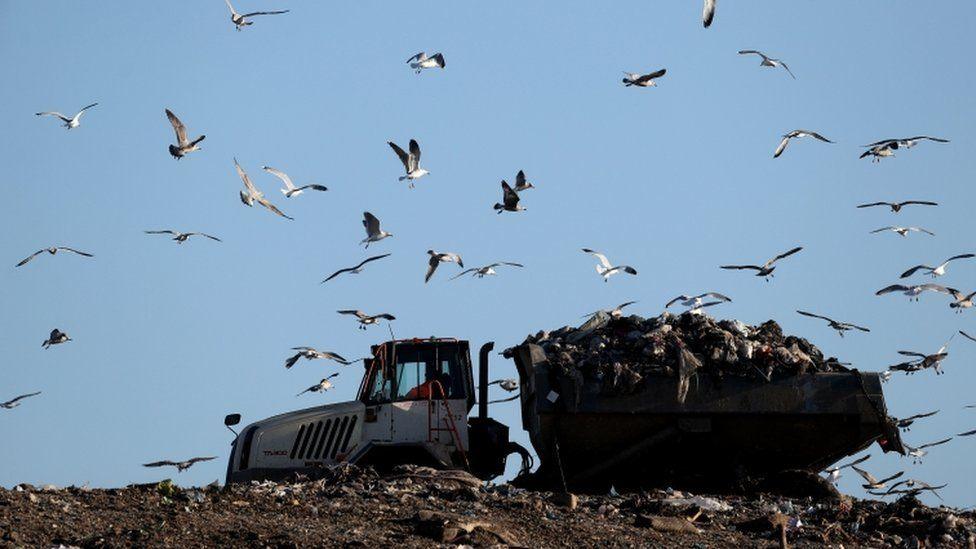
Councillors said they were disappointed by the EA's decision not to attend the meeting
Councillors said they were "disappointed" and "frustrated" by that decision and that they needed answers as to why it had "taken six years for the Environment Agency to understand that there was an issue with the data" .
The regulator is now looking at whether any of the data collected before August could be recalibrated and used to determine accurate levels of hydrogen sulphide at Walley’s over that time.
The data will be analysed by the UK Health Security Agency and the results should be known by January 2024.
Follow BBC West Midlands on Facebook, external, X, external and Instagram, external. Send your story ideas to: newsonline.westmidlands@bbc.co.uk, external
Related topics
- Published20 October 2023
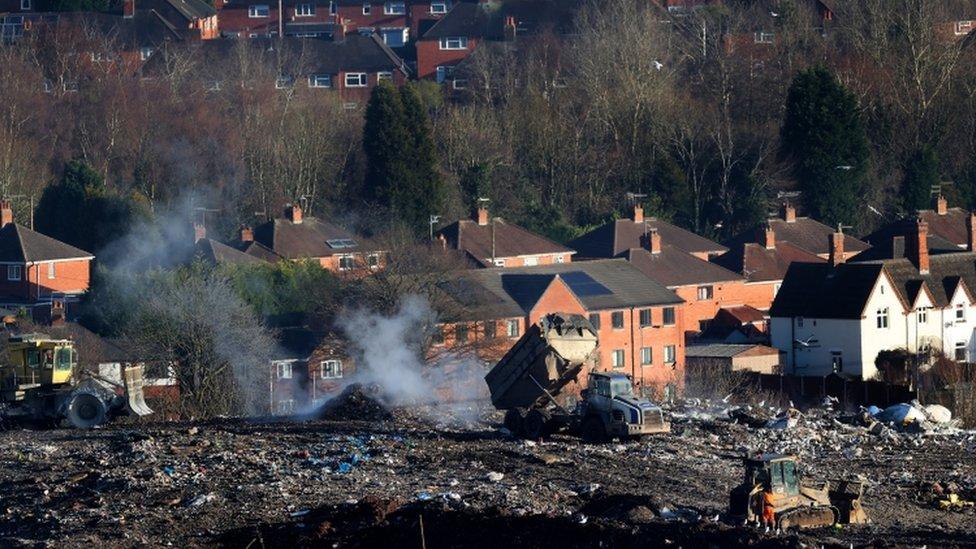
- Published9 October 2023
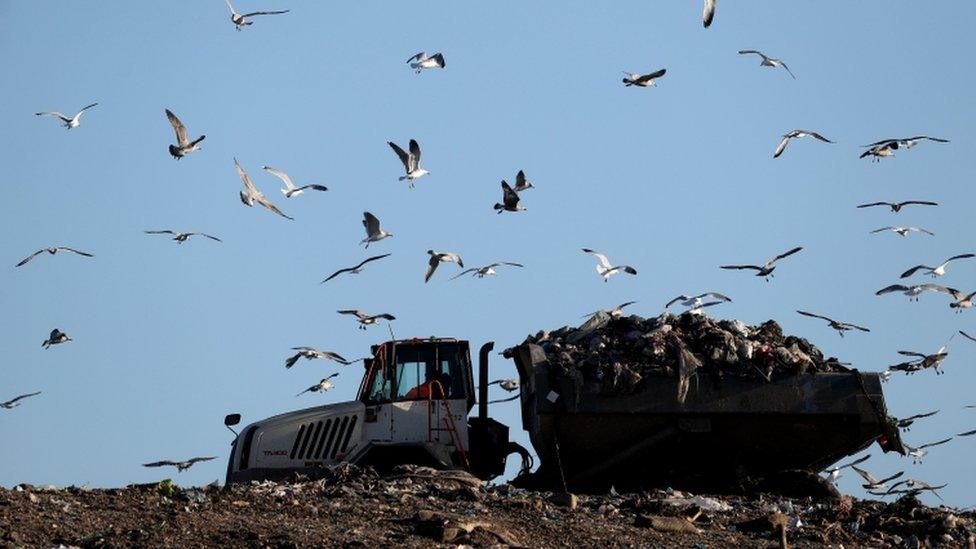
- Published6 October 2023
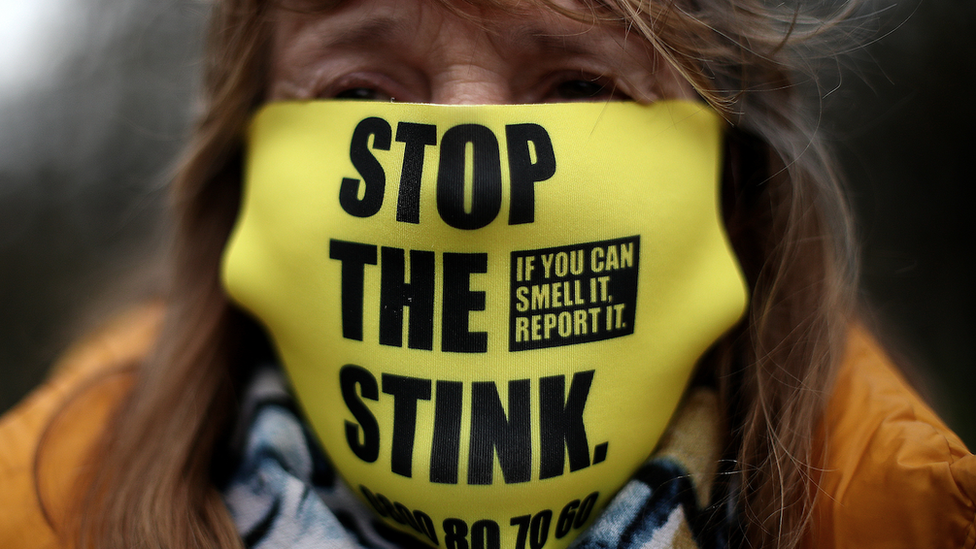
- Published11 September 2023
